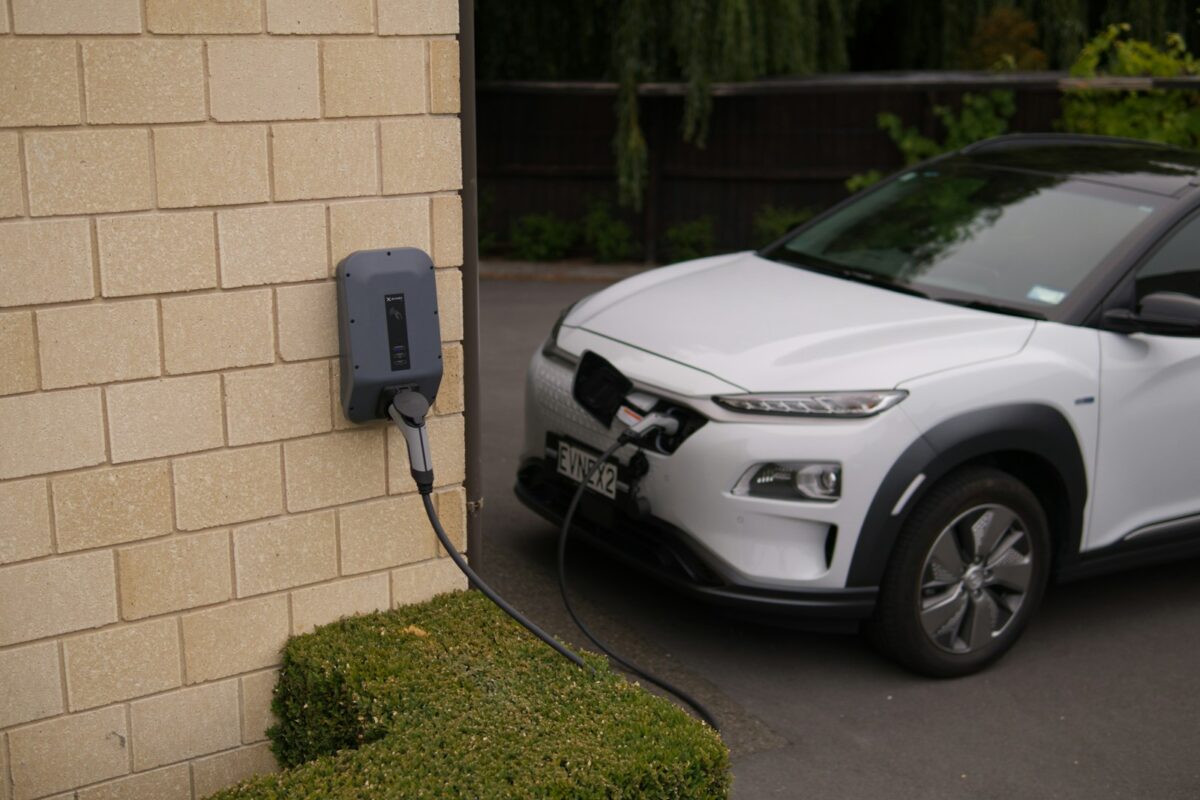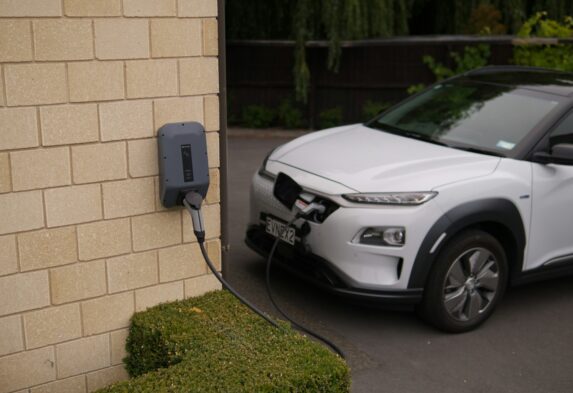Charging Ahead: Bombay High Court’s Landmark Ruling on EV Charging Stations in Housing Societies


Electric vehicles (EVs) are fast becoming the future of mobility, offering a cleaner and more sustainable alternative to conventional fuel-driven cars. However, for many EV owners, setting up charging infrastructure remains a major challenge, particularly in housing societies. A recent judgment by the Bombay High Court in the case of Amit Dholakia vs. State of Maharashtra & Ors. has brought a ray of hope for EV users struggling to get permission for installing charging stations in cooperative housing societies.
This case highlights the legal, environmental, and policy challenges surrounding the installation of EV charging stations in residential areas. The court’s ruling not only addresses the specific grievance of the petitioner but also sets the foundation for a more structured and inclusive legal framework for EV adoption in India.
Table of Contents
The Background: A Battle for Charging Infrastructure
Amit Dholakia, a businessman residing in Bhagwati Bhuvan Cooperative Housing Society in Mumbai, had recently purchased an electric vehicle. However, when he sought permission from his housing society to install an EV charging station in his private garage, his request was denied without a valid reason. The society simply stated that it had no existing policy for granting such permissions.
Frustrated by this rejection, Dholakia reached out to various state authorities, including the Registrar of Cooperative Societies, Urban Development Department, and the State of Maharashtra, urging them to intervene. Despite repeated appeals, no action was taken. This left him with no choice but to approach the Bombay High Court under Article 226 of the Indian Constitution, seeking judicial intervention.
The Key Arguments: Rights vs. Regulations
Dholakia’s primary argument was that denial of permission to install an EV charger in his own garage was arbitrary and unlawful. He contended that such rejection violated his right to enjoy property under Article 300A of the Constitution. He also pointed out that the Maharashtra Electric Vehicle Policy, 2021, while promoting EV adoption, did not provide a legal mandate compelling housing societies to allow charging stations.
He sought a Writ of Mandamus from the court, directing the Registrar of Cooperative Societies to amend model bye-laws to make it mandatory for societies to permit charging stations. Additionally, he urged the State Government to use its powers under Section 79A of the Maharashtra Cooperative Societies Act, 1960, to create a clear legal framework for such installations.
The State of Maharashtra, on the other hand, opposed the petition, arguing that Dholakia should have first approached the Cooperative Court under Section 91 of the MCS Act, instead of filing a writ petition. However, the State also acknowledged that the government was already working on draft conditions for granting permissions for private EV charging stations in housing societies.
Court’s Analysis: A Step Towards Sustainable Urban Living
The Bombay High Court recognized the significance of the case, stating that the installation of EV charging stations was not just a private issue but a matter of public importance. The court emphasized that electric mobility is essential for reducing pollution and promoting sustainable development.
Citing the Supreme Court’s ruling in Bombay Dyeing & Mfg. Co. Ltd v. Bombay Environmental Action Group, the court reiterated the importance of balancing development with environmental protection. It observed that EV charging infrastructure is crucial for the widespread adoption of electric vehicles and, therefore, authorities should proactively address the issue.
The court also referred to a previous judgment in a suo motu PIL (Public Interest Litigation) in 2023, where the Bombay High Court had considered phasing out petrol and diesel vehicles in favor of EVs and CNG-powered vehicles. It also cited the Supreme Court’s landmark ruling in M.C. Mehta v. Union of India (2019), which held that pollution control must take precedence over short-term economic concerns.
While the court acknowledged that policymaking falls under the domain of the government, it emphasized that the right to a clean and non-polluted environment is a fundamental right under Article 21 of the Constitution. Therefore, authorities must act swiftly to remove regulatory hurdles that discourage EV adoption.
The Court’s Decision: A Win for EV Owners
After considering all arguments, the Bombay High Court ruled, directing the State and concerned authorities to finalize the draft rules for EV charging station installations on a priority basis. The court instructed the Registrar of Cooperative Societies to communicate these guidelines to all housing societies to prevent arbitrary denials of permission.
Additionally, the court encouraged the Registrar to issue directions to housing societies to amend their bye-laws to align with the finalized EV charging regulations. With this ruling, the court ensured that cooperative societies can no longer use a lack of policy as an excuse to reject EV charger installations.
What This Means for EV Owners in India
This ruling is a game-changer for EV adoption in residential communities. Until now, many housing societies arbitrarily denied permissions to residents wanting to install private charging stations, creating a major roadblock for EV users. With this legal clarity, cooperative societies will now have clear guidelines to follow, ensuring a smoother process for residents seeking to install EV chargers.
The judgment also sets a precedent for other states in India, encouraging governments to streamline policies for residential EV charging infrastructure. As the country moves towards a greener future, such judicial interventions will be critical in removing administrative barriers and ensuring that EV owners are not unfairly disadvantaged.
Conclusion: A Bold Step Towards an Electric Future
The Bombay High Court’s decision in Amit Dholakia vs. State of Maharashtra is a landmark judgment that paves the way for a more EV-friendly urban landscape. By recognizing the right of individuals to install EV charging stations in their own homes, the court has upheld the principles of sustainable development, environmental protection, and technological advancement.
While the ruling is a significant victory, its real impact will depend on how quickly the authorities finalize and implement the necessary policies. For now, the judgment offers hope and relief to EV owners who have struggled with housing society restrictions, bringing India one step closer to a cleaner, greener, and more sustainable future.
For further details write to contact@indialaw.in




